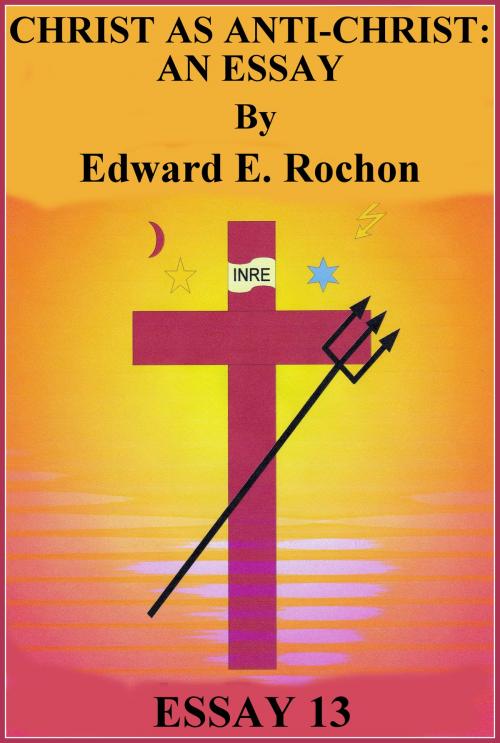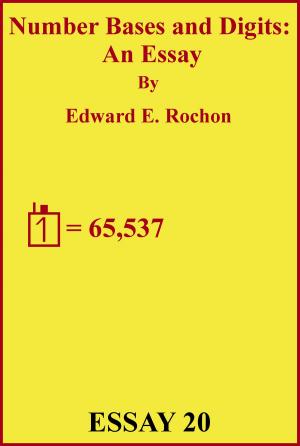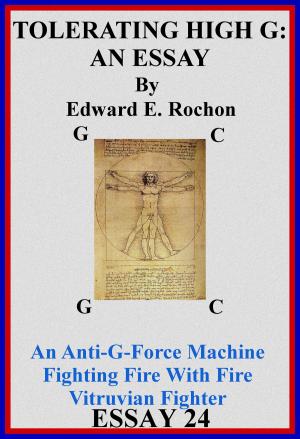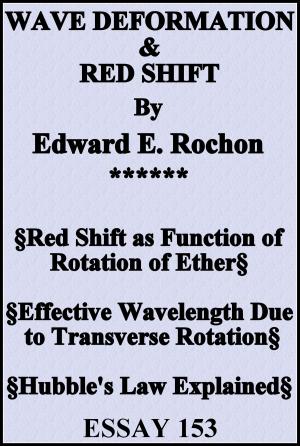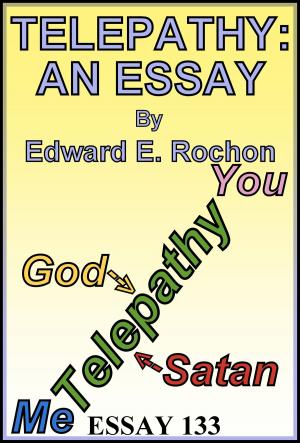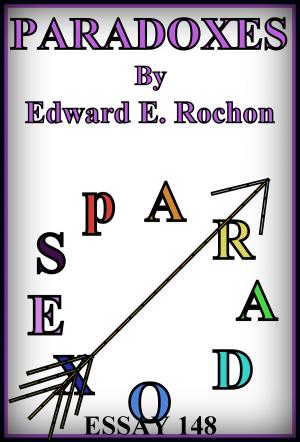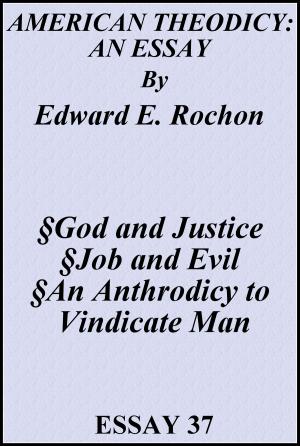| Author: | Edward E. Rochon | ISBN: | 9781311735423 |
| Publisher: | Edward E. Rochon | Publication: | November 3, 2013 |
| Imprint: | Smashwords Edition | Language: | English |
| Author: | Edward E. Rochon |
| ISBN: | 9781311735423 |
| Publisher: | Edward E. Rochon |
| Publication: | November 3, 2013 |
| Imprint: | Smashwords Edition |
| Language: | English |
A preface notes the anger of the author at the state of the world and God's indifference to it, providing the reason for the essay. Biblical citations are used throughout to support the thesis that Christ and Satan are one. The first chapter uses a parable to show the iniquitous indifference of God to human suffering. The second chapter goes over the Genesis story of the fall of man from grace. It shows that Adam committed no sin but simply made a mistake. Man is exonerated from guilt. The third chapter describes the trial and passion of Christ and notes both his complicity in the event and that of God. It shows that aiding and abetting a supposed miscarriage of justice makes the supposed victim guilty of his own railroading, if railroading it be. It notes the miscreant behavior of the apostles and that Christ was culpable for this behavior. It points out that the Church was dead at birth and cites the heretical nature of current Christian denominations. the fourth chapter offers some final comments pointing out that whether the reader believes in the divinity of Christ and the accuracy of the Bible or not, this can in no way effect the reasons provided by the essay for its thesis.
A preface notes the anger of the author at the state of the world and God's indifference to it, providing the reason for the essay. Biblical citations are used throughout to support the thesis that Christ and Satan are one. The first chapter uses a parable to show the iniquitous indifference of God to human suffering. The second chapter goes over the Genesis story of the fall of man from grace. It shows that Adam committed no sin but simply made a mistake. Man is exonerated from guilt. The third chapter describes the trial and passion of Christ and notes both his complicity in the event and that of God. It shows that aiding and abetting a supposed miscarriage of justice makes the supposed victim guilty of his own railroading, if railroading it be. It notes the miscreant behavior of the apostles and that Christ was culpable for this behavior. It points out that the Church was dead at birth and cites the heretical nature of current Christian denominations. the fourth chapter offers some final comments pointing out that whether the reader believes in the divinity of Christ and the accuracy of the Bible or not, this can in no way effect the reasons provided by the essay for its thesis.
